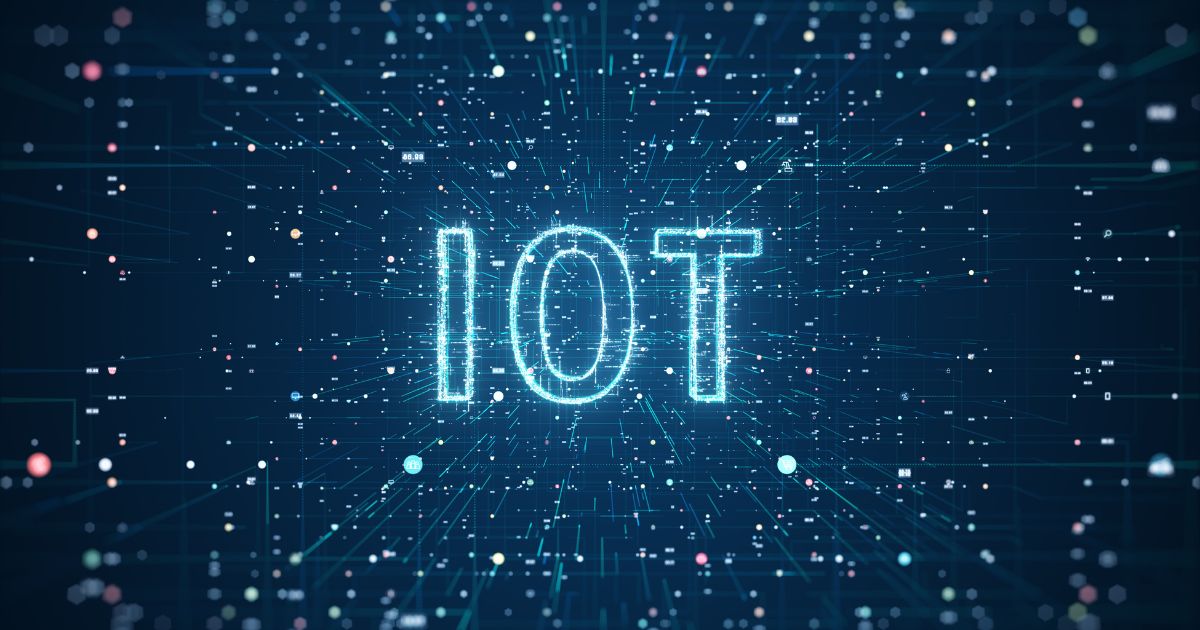
The Internet of Things (IoT) market refers to the rapidly growing network of interconnected devices, systems, and objects that communicate with each other through the internet, enabling the exchange and analysis of data. This interconnectedness has revolutionized various industries, ranging from healthcare and manufacturing to transportation and agriculture.
Overview
The concept of IoT revolves around embedding sensors, actuators, and other forms of technology into everyday objects, allowing them to collect and exchange data. This data can then be analyzed to provide insights, optimize processes, and create new services. IoT has the potential to enhance efficiency, improve decision-making, and drive innovation across diverse sectors.
Market Growth
The IoT market has experienced significant growth in recent years, fueled by advancements in technology, the proliferation of connected devices, and increasing demand for automation and data-driven insights. According to market research reports, the global IoT market size is projected to reach trillions of dollars by 2025, with millions of devices being added to the network every day.
Key Drivers
Several factors contribute to the rapid expansion of the IoT market:
- Advancements in Connectivity: The emergence of high-speed internet and wireless communication technologies such as 5G has facilitated seamless connectivity between devices, enabling real-time data transmission and analysis.
- Cost Reduction: The declining cost of sensors, processors, and other IoT components has made it more affordable for businesses and consumers to adopt IoT solutions, driving market growth.
- Industry 4.0: The adoption of IoT is a cornerstone of the Industry 4.0 revolution, where automation, artificial intelligence, and data analytics converge to create smart, connected ecosystems that optimize production processes and enhance competitiveness.
- Demand for Smart Solutions: Increasing demand for smart homes, smart cities, and smart infrastructure solutions has fueled the adoption of IoT-enabled devices and services, driving market expansion.
Challenges
Despite its immense potential, the IoT market faces several challenges:
- Security Concerns: The proliferation of connected devices has raised concerns about data privacy and cybersecurity, as IoT systems are susceptible to hacking and unauthorized access.
- Interoperability Issues: The lack of standardized protocols and interoperable systems hinders seamless communication and integration between different IoT devices and platforms.
- Scalability: As the number of connected devices continues to grow, managing and scaling IoT infrastructures poses logistical and technical challenges for businesses and organizations.
- Data Management: The sheer volume of data generated by IoT devices presents challenges in terms of storage, processing, and analysis, necessitating robust data management strategies and infrastructure.
Future Outlook
Despite these challenges, the IoT market is poised for continued growth and innovation. As technology continues to evolve and mature, IoT solutions are expected to become more sophisticated, scalable, and secure, unlocking new opportunities for businesses, consumers, and society as a whole. With the advent of edge computing, artificial intelligence, and blockchain technology, the IoT landscape is set to undergo further transformation, driving unprecedented levels of connectivity, automation, and intelligence.
